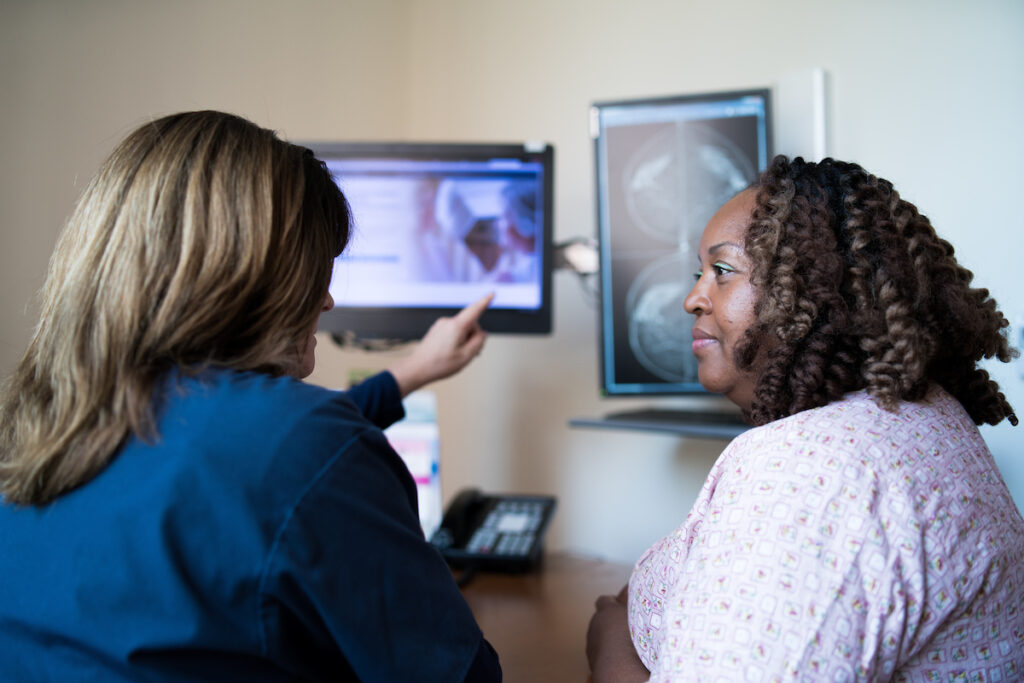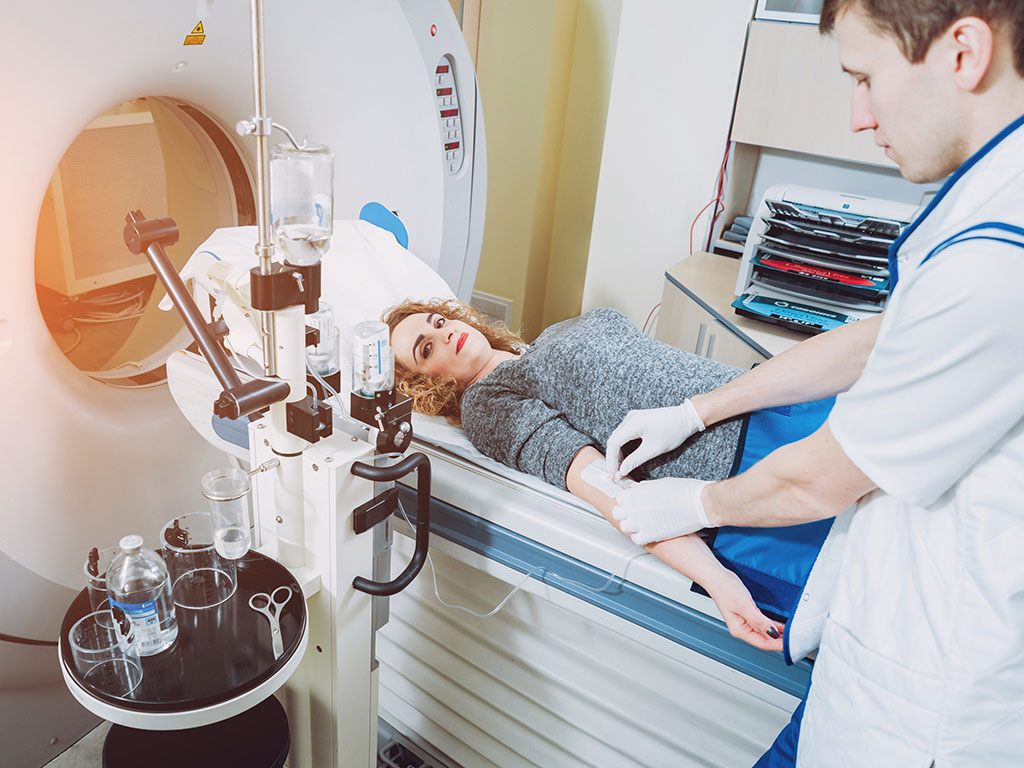Media Spotlight
With rapidly rising cancer care expenditures in the United States, health care leaders and policymakers have continued to focus on identifying and promoting high-value cancer hospitals. To extend previous analyses of spending variation among Medicare beneficiaries, we conducted a national analysis evaluating hospital-level differences in spending and care utilization among privately insured patients undergoing cancer surgery for breast, colon, or lung cancer.

Our findings, published in JAMA Network Open, demonstrated that surgery at National Cancer Institute (NCI) centers vs community hospitals was associated with higher insurer spending for a surgical episode. In spite of spending differences, there were no significant hospital-level differences in post-discharge acute care utilization.
When we limited our analyses to patients from the Commonwealth of Pennsylvania, we discovered a slightly different story. We identified 2,693 patients from PA with incident breast (54.0%), colon (31.7%), or lung (14.3%) cancer undergoing cancer surgery at 205 hospital sites (14.3% at NCI centers, 15.2% at academic hospitals, and 70.5% at community hospitals). We found that hospital type was not associated with meaningful differences in post-operative length of stay, emergency room use, or hospital readmission for PA residents undergoing cancer surgery (Table 1). Likewise, there were no hospital-level differences in adjusted insurer spending (Table 2) nor patient out-of-pocket spending (Table 3) at 30, 90, or 365 days post-discharge. However, for those undergoing surgery at NCI hospitals, estimates for insurer spending were non-significantly higher (and for patient spending non-significantly lower) than those of community hospitals, directionally consistent with analyses of the national cohort.
Funding/Support: This work was funded by a grant from the Commonwealth of Pennsylvania and additionally supported by grant K12 CA076931 from the National Cancer Institute (Dr. Takvorian).
Samuel Takvorian is an Assistant Professor in the Division of Hematology and Oncology at Penn’s Perelman School of Medicine, an Innovation Faculty member and Associate Director at PC3I, and Director of PC3I’s Program in Patient-Generated Health Data Innovation.
Related News
Media Spotlight
PC3I Associate Director Lola Fayanju on Breast Cancer Screening Recommendations
09.27.2023
In an interview with the Philadelphia Inquirer, PC3I Associate Director Lola Fayanju commented on recently updated breast cancer screening recommendations.
Media Spotlight
Proton Therapy Study at Penn Medicine Gains New Attention
02.14.2023
As part of the RadComp study, Penn Medicine and over 20 radiation centers nationwide are comparing the effectiveness of photon therapy and proton therapy to treat breast cancer.
Media Spotlight
Machine Learning-Triggered Behavioral Nudges Quadrupled Serious Illness Conversation Rates
01.12.2023
A team led by PC3I Innovation Faculty Ravi Parikh has found that machine learning-triggered behavioral nudges quadrupled the rates of seriousness illness conversations for patients with advance cancer.



